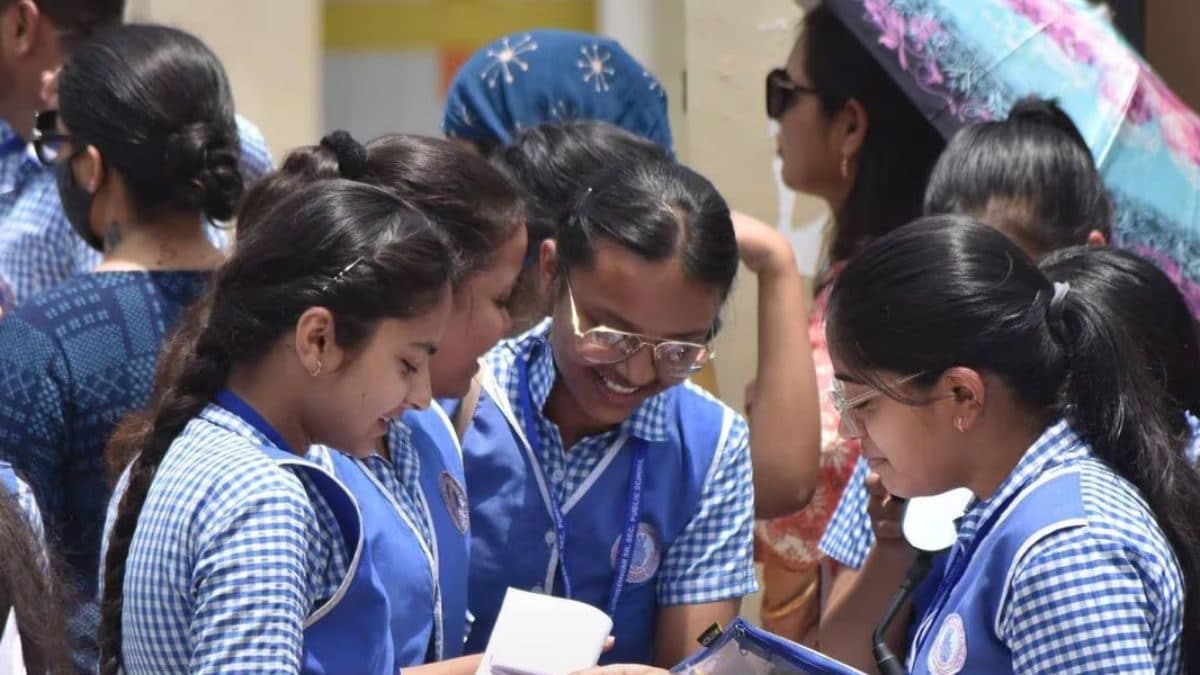 |
|
The state of Haryana has implemented a significant change to its education system, ending the automatic promotion of students in Classes 5 and 8. This departure from the previous 'no-fail' policy, prevalent in Haryana and several other states until recently, marks a decisive shift towards increased academic rigor and accountability. Under the new rules, students in these crucial grades will now be required to pass their respective examinations to progress to the next level. Failure to pass the initial exam will necessitate a retake within a two-month timeframe. Only successful completion of the retake exam will allow students to advance to Classes 6 and 9, respectively. Failure to pass the retake exam will result in the student repeating the year. This stringent approach reflects a national trend towards a more demanding educational framework.
The change in policy represents a direct response to the evolving national educational landscape and the implementation of the New Education Policy (NEP) 2020. The central government's revised approach to elementary education, discouraging the automatic advancement of students regardless of performance, has prompted states across the country to re-evaluate their own systems. Haryana's swift adoption of these changes underscores the state's commitment to aligning its educational standards with national guidelines. The NEP 2020 emphasizes holistic development, critical thinking, and a greater focus on ensuring students meet fundamental academic benchmarks before progressing. Haryana's new policy directly supports these objectives by introducing a system of evaluation that directly measures a student's understanding of the curriculum.
Historically, the automatic promotion policy, often extended up to Class 8, was implemented with the intention of minimizing early academic setbacks and preventing students from dropping out of school. This approach, while well-intentioned, also raised concerns about the potential for students to lack essential foundational skills needed for success in higher grades. The new Haryana policy seeks to address this by ensuring a certain level of proficiency before students progress. By requiring students to demonstrate competency in key subjects, the state aims to prepare them more effectively for the challenges of secondary education. This proactive approach might lead to better prepared students and improved overall educational outcomes within the state.
The implementation of these changes is likely to have significant implications for students, parents, and educators alike. Students will face increased pressure to perform well in their exams. Parents will need to play a more active role in supporting their children's education, and teachers will be tasked with ensuring that students receive adequate support and guidance to help them succeed. The introduction of this more rigorous system also necessitates a comprehensive support system to help struggling students. This could involve targeted tutoring programs, additional resources for students needing extra assistance, and possibly even changes to the curriculum itself to ensure its effectiveness and accessibility. The long-term success of the policy will depend on the effectiveness of these supplementary support systems.
While Haryana is currently leading the way in implementing these changes, other states may soon follow suit. The central government's encouragement of this updated approach suggests that a more stringent evaluation system at the elementary level is likely to become the norm across India. This national shift will likely trigger further discussions and debates about the optimal balance between academic rigor and supportive education for students at all levels. The success of Haryana's new policy will undoubtedly be closely monitored by other states as they consider similar changes to their own education systems. This will create an opportunity for data-driven improvements across the national educational landscape.
The changes in Haryana's education system reflect a broader national conversation on educational reform. The emphasis on accountability and the need to ensure that students possess fundamental skills before progressing to higher grades highlights a paradigm shift. It moves away from solely focusing on the number of students passing through the system to ensuring that students are genuinely equipped to succeed in their academic journey. The long-term impact of this policy remains to be seen, but the intention is clear: to foster a higher standard of education within the state and contribute to the overall improvement of the Indian education system in alignment with the goals of NEP 2020. The coming years will be crucial in evaluating the effectiveness of this new approach and informing future educational policies across India.
Source: Haryana Students In Classes 5 And 8 Must Pass Exams To Get Promoted, New Rules Out
